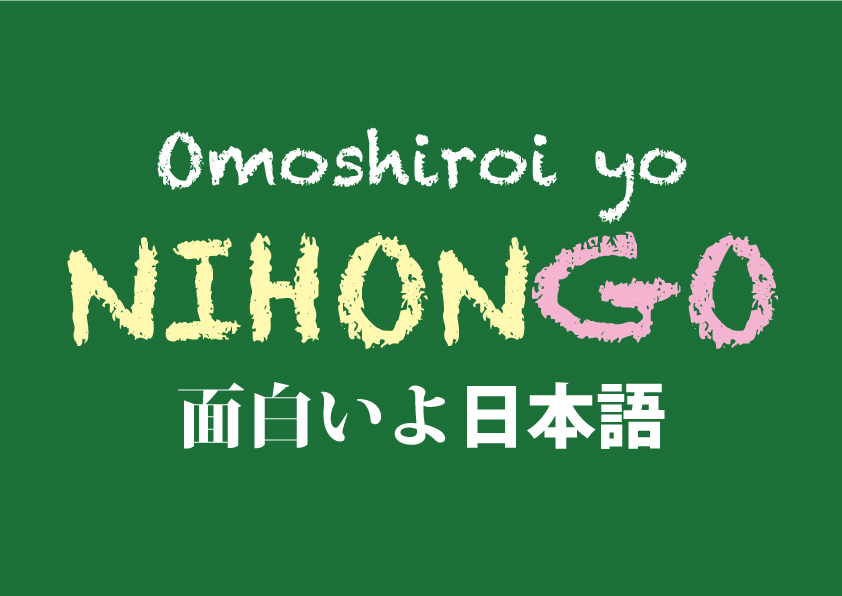
Welcome once again, to the fascinating world of the Japanese language.
The two words we will introduce this month have one thing in common: they are both verbs that end with “ru” る, the most common verb ending.
Let’s take a closer look at them.
This month’s Japanese phrases.
“Hiyoru” ひよる
This word originally came from “hiyorimi shugi” 日和見主義, a term that was used in politics a long time ago, meaning to agree with someone because it would be advantageous to do so, despite one’s actual opinion. In other words, being too weak to stick to one’s own ideas. However, many young people today may not know the real origin. It is now considered to be the shortened form of “hiyowa ni naru” ひ弱になる (to become weak), and means to be scared, feel frightened or nervous, or to be afraid of something.
“Apiru” アピる
This word comes from the English word “appeal”, as in to “make an appeal” to someone (especially someone you fell in love with), and means the same. It is a good play on words. The Japanese like to import English words into their language and make them more Japanese friendly, with changed pronunciation and spelling. You might think that “apiru” アピる is already “appeal” based on the sound. However, the full form of the verb is “api-ru suru” アピールする, with a long i.
Example sentences:
♥「夏休みの宿題が多くてひよるね。」
(Natsuyasumi no shukudai ga ookute hiyoru ne…)
I am scared there will be a lot of homework for the summer holiday.
♦「好きな子にアピったのに全然相手にされないよ。」
(Suki na ko ni apitta no ni zenzen aite ni sarenai yo.)
Even though I tried to appeal to the person I love, I am not noticed at all.
